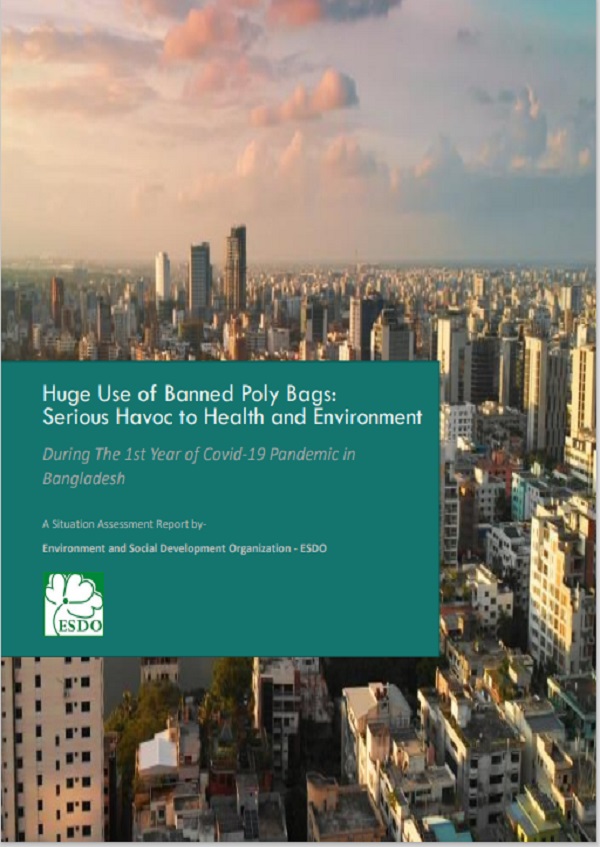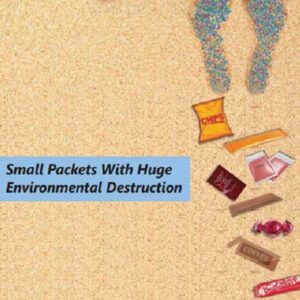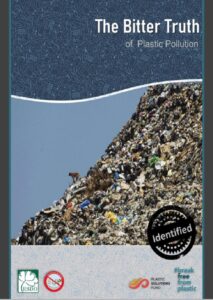Plastic items have assumed critical parts in securing individuals during the COVID-19 pandemic. The broad use of individual defensive stuff made a gigantic interruption in the supply chain and waste disposal framework. A huge number of disposed of single-use plastics (masks, gloves, aprons, and containers of sanitizers) have been added to the earthbound climate and could cause a flood in plastics cleaning up the sea coastlines and littering the seabed. As the Covid-19 pandemic has forced many Dhaka restaurants to suspend their dine-in options, people are now relying on ordering foods via delivery apps and with every single order, we are receiving a bunch of takeaway food containers and utensils – all of them are single-use plastic (SUP) items, which consumers do not use in everyday life. However, it is not advisable to encourage the use of disposable plastic bags as no evidence supports disposable plastics as less likely than reusable items to spread COVID-19.
As a relentless vocal against plastic, Environment and Social Development Organization-ESDO has conducted a study from the beginning of lockdown, about how COVID-19 Pandemic influencing Single Use Plastic Waste Outbreak and the report has been published in May 20201 (ESDO, 2020). To followup with this study ESDO has made another comprehensive research, particularly on the usage of polythene bags in the very first year of COVID-19 pandemic (April’20 to March’21). Although Polythene bag banned in Bangladesh since 2002, according to the assessment it was found that more than 2183 crore polythene bags were used nationwide, generating about 78433 tonnes of waste. In Dhaka alone, 166 crore polythene bags were used during the pandemic and these immense usages have generated around 5997 tonnes of illegal polythene bag waste. Our comprehensive data analysis does indicate that COVID-19 will reverse the momentum of years-long global battle to reduce plastic waste pollution.
This initiative is a partial assessment of ESDO’s follow-up study on single-use plastic waste during the 1st year of COVID-19 pandemic in Bangladesh.



